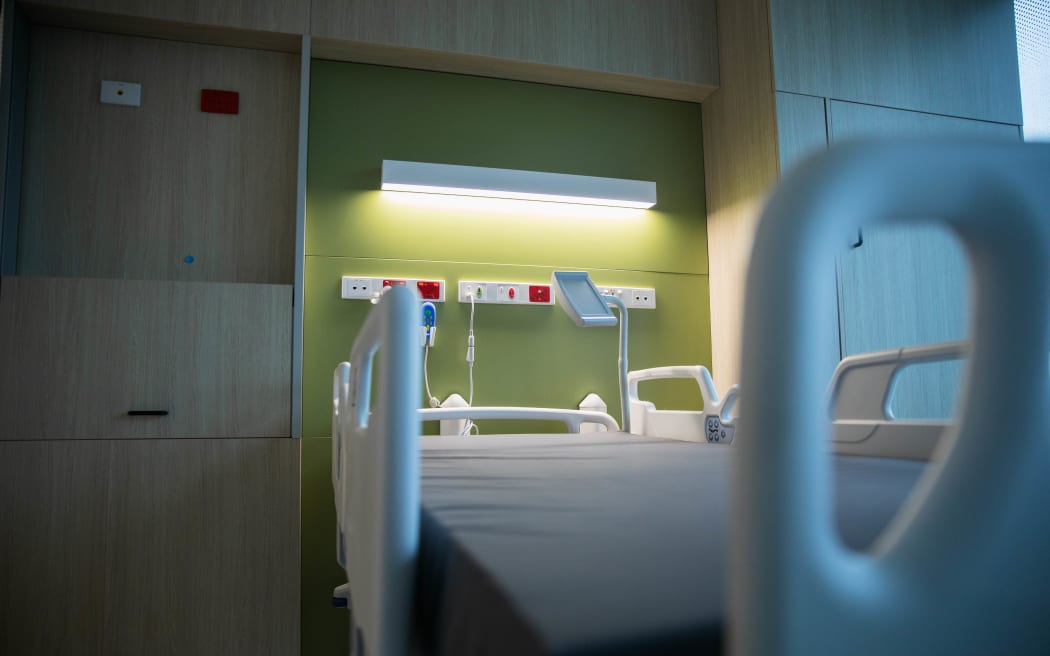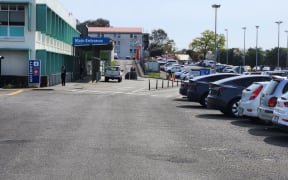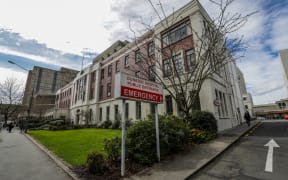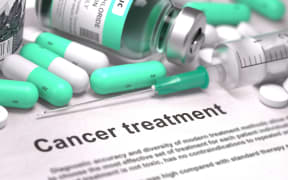
Rates for mileage for cancer patients driving for treatment will rise from 28c to 34c a kilometre. File photo. Photo: RNZ / Samuel Rillstone
A funding boost to help thousands of cancer patients who travel long distances for treatment has been applauded by the Cancer Society, but it is questioning if it's enough to make a difference.
The government has announced an $18m increase for the National Travel Assistance scheme, which helps cover costs for people travelling to get medical treatment.
Rates for mileage will rise from 28c to 34c a kilometre, accommodation from $100 to $140 a night and people staying with friends or family from $25 to $35 a night.
Those rates have not increased since 2009, according to the Health Minister.
The Cancer Society chief executive Rachael Hart said she wanted to know how officials worked out the new figures.
"We're keen to understand both the rationale behind those rates and whether they actually will provide enough assistance to support those needing to get to life saving medical treatment. It's really important that there's no one falling through the gap because of the rates."
Health Minister Shane Reti said on Tuesday he wanted more people to be eligible and for it to be easier to access the money.
Hart said her charity must to be included in working out who gets subsidised travel for medical treatment.
"For many people the reimbursement comes too late. If you're away for six weeks of treatment and paying for accommodation every night, that's a lot of money. You're out of pocket even if you can be reimbursed.
"So some of those things like prepayments, that's really important. Making sure that the scheme is actually advertised and that the eligibility criteria is correct to reach those most in need."
Ronald McDonald House Charities chief executive Wayne Howett agreed, saying there were still kinks to be worked out.
"The cost of travel and accommodation is a barrier to people and if we can get into a solution that allows those people to have that prepaid for them in the system that's robust around that then surely that's a win."
But he said the boost was long overdue.
"Is it where it needs to be? Possibly not. But this is a fantastic first step and the whole idea behind the scheme is not to cover these costs completely. It's a it's an aid to supporting families who need it and when they need it most."
The Cancer Society and Ronald McDonald House Charities have been campaigning for improvements to the scheme for years.
Both Hart and Howett expect their charities to be consulted as the government rolls out the changes from 1 April.






